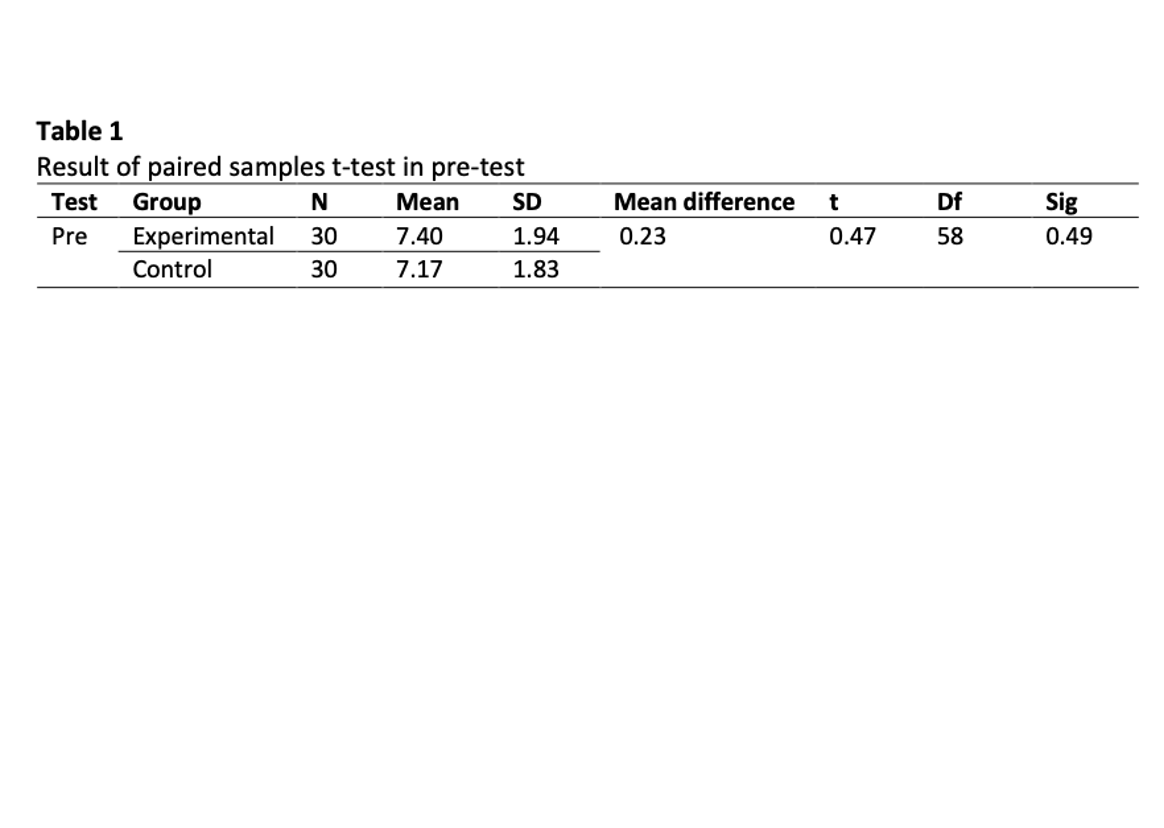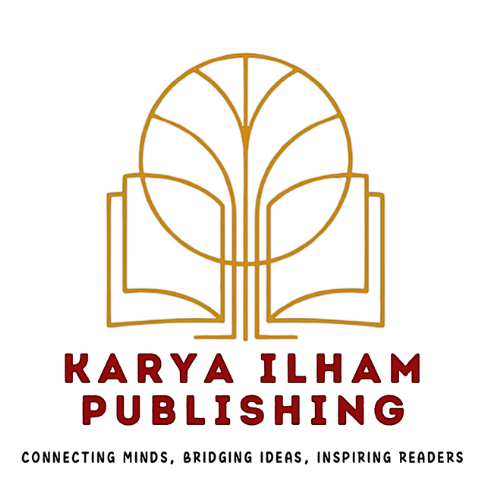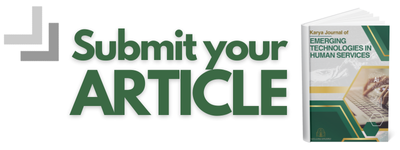Augmented Reality (AR) in ESL Classrooms: A Quasi-Experimental Study on Enhancing Speaking Skills
DOI:
https://doi.org/10.37934/kjeths.1.1.3847Keywords:
Augmented reality, speaking, ESL learners, real-world context, fluencyAbstract
Augmented Reality (AR) has the potential to revolutionize language learning by providing immersive and interactive experiences. In the context of English as a Second Language (ESL), AR can help engage students and enhance their speaking skills. However, traditional teaching methods often fail to provide the necessary engagement and real-world application needed to improve speaking proficiency. This study aims to examine the effectiveness of AR in enhancing the speaking skills of Year 3 ESL learners, specifically focusing on pronunciation, fluency and confidence. A quasi-experimental design was used, with 60 Year 3 students from a Chinese primary school in Kajang, Selangor participating in the research. The experimental group engaged with AR-based activities using the Assemblr application, while the control group received traditional ESL instruction. Data were collected through pre-tests and post-tests, assessing the students' speaking proficiency. The results revealed that the experimental group showed significantly improvement in pronunciation, fluency and confidence compared to the control group. The study concludes that AR, through real-time feedback and contextual learning, could significantly enhance speaking skills, making it an effective and innovative tool for ESL educators to foster more engaging language learning environments.













